South Africa
At the University of the Witwatersrand in South Africa, scientists are developing HIV vaccines that could help change the course of the epidemic. But just a week before clinical trials were set to begin, the Trump administration announced it would pull U.S. funding, placing years of critical research in jeopardy.
"In South Africa, the research community is still relatively small," said Professor Abdullah Ely, a gene therapy group leader. "It is not always possible for everyone to secure funding to do their work. That has an impact on the research and the individuals carrying it out."
The upcoming BRILLIANT project was expected to draw on the region’s rich genetic diversity and deep scientific expertise, offering insights that could benefit HIV research worldwide. However, the sudden funding cuts have already had serious consequences. South Africa’s government has confirmed that at least 8,000 health workers in the country’s HIV program have been laid off.
Nozipho Mlotshwa, a lab technician, says the loss of funding has personal consequences. "My position is grant funded," she said. "If the grant is there, they can pay my salary. I use that to help at home and pay for my studies. Now that this has happened, it is affecting me in the long run."
The South African government says it will be extremely difficult to find alternative funding to replace U.S. support. Without it, HIV infections are expected to rise, and access to life-saving medication may become more difficult, threatening decades of progress in fighting the virus.




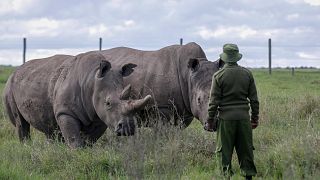

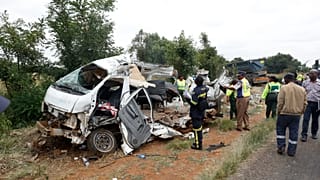
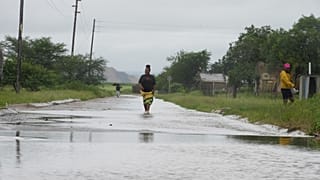
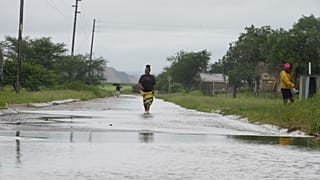

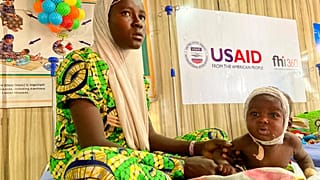
00:29
South Africa's Kruger park suffers 'devastating' damage from floods
01:38
Donald Trump's 'Board of Peace' launched amid fears it will rival UN
00:00
Greenlandic authorities tell residents to be prepared in case of crisis
01:58
Backlash in Mogadishu against 'ignorant' Trump comments about Somalia
01:05
Trump, Sisi and Gulf states back new ‘board of peace’ for Gaza at Davos
01:11
Trump demands 'immediate negotiations' to acquire Greenland, vows not to use force